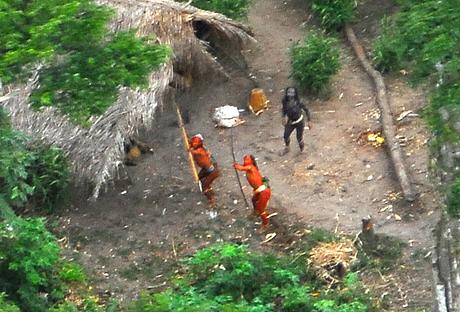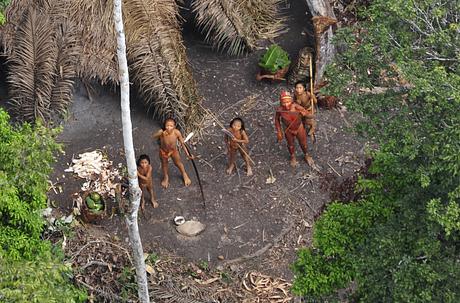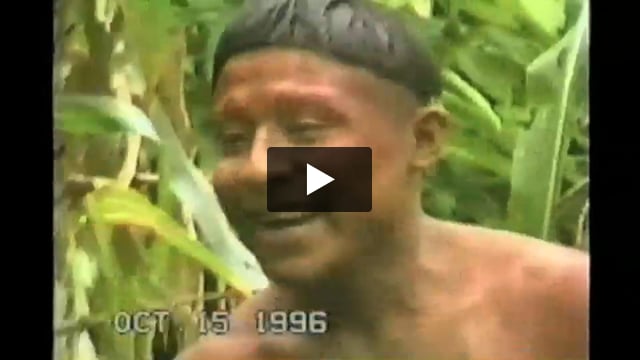Amazon Indians confirm logging invasion near uncontacted tribes
September 19, 2011
 © G. Miranda/FUNAI/Survival
© G. Miranda/FUNAI/SurvivalThis page was last updated in 2011 and may contain language which is now outdated.
A recent expedition in the Amazon has confirmed that illegal logging in Peru is continuing ‘at full steam, and spilling over into Brazilian territory’.
Fifteen Indians from the Ashéninka and Asháninka tribes of Peru and Brazil joined together to investigate the illegal activities of loggers around the border.
The five-day trip uncovered widespread evidence of illegal deforestation. Logging camps were active in the area – and trees were marked for felling in Brazil’s Asháninka territory.
The spread of illegal logging across Peru’s border into Brazil threatens several groups of uncontacted Indians who live nearby. They depend on the forest for their food and shelter; they cannot survive without it.
The uncontacted Indians are also vulnerable to outside diseases to which they have very little resistance. Contact with the invaders could kill them.
The expedition’s findings were recorded on GPS systems and presented to Brazilian authorities. The team is calling for a more efficient monitoring system, complemented by the full participation of local Indians.
An alarming rate of illegal logging is devastating Peru’s side of the border. The country’s Ashéninka are suffering as their forests are destroyed and leaders threatened for campaigning to protect their land.
One Ashéninka Indian said, ‘What we are most worried about is that the authorities have not yet fulfilled their responsibilities. If they don’t solve the problem, our territory will continue to be invaded, and we will continue to receive death threats’.
In July, uncontacted Indians’ territory, close to the area covered by the expedition, was invaded by drug traffickers and it was feared that violence could erupt. The situation remains tense as it is thought that the drug traffickers remain in the region.




